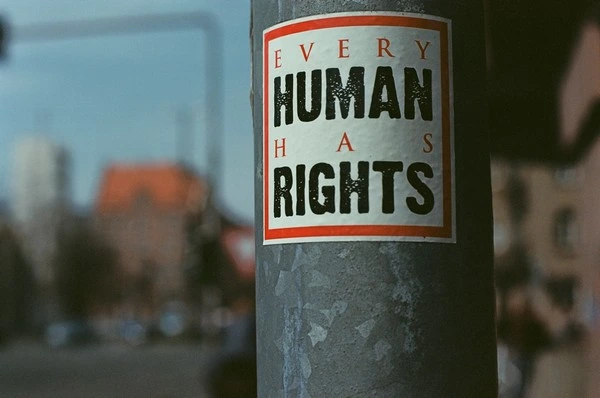Table of Contents
- The Sociological Definition of Human Rights
- The Historical Evolution of Human Rights
- Human Rights and Social Structures
- The Role of Culture in Human Rights
- Challenges to the Realization of Human Rights
- The Role of Social Movements in Advancing Human Rights
- Conclusion
Human rights are fundamental rights and freedoms to which every human being is entitled, regardless of nationality, race, gender, religion, or any other status. These rights are universal, meaning they apply to everyone, everywhere, at all times. Rooted in the belief of human dignity, they represent a set of protections and entitlements designed to ensure individuals are treated with respect, equality, and fairness. While this concept appears straightforward, its sociological implications are complex, extending beyond legal frameworks into cultural, political, and social domains.
This article will explore human rights from a sociological perspective, delving into their definition, evolution, the influence of social structures, and their implications in contemporary society. We will also examine the challenges to human rights and how different societies enforce or violate them. By understanding the social foundations and functions of human rights, we can better comprehend their role in shaping modern social life.
The Sociological Definition of Human Rights
In sociological terms, human rights are understood not merely as legal entitlements but as socially constructed norms that emerge from specific historical and cultural contexts. While legal scholars may focus on the codification of rights in documents like the Universal Declaration of Human Rights (UDHR), sociologists are interested in how these rights become institutionalized and socially accepted—or resisted—in various societies. Human rights are part of the social contract, an unwritten agreement among members of a society about the obligations individuals owe to one another and to the state.
This sociological perspective emphasizes that human rights are not static; they evolve in response to changing social, political, and economic conditions. For example, rights that are considered fundamental today, such as the right to education or the right to privacy, were not universally recognized in earlier historical periods. These rights only gained prominence as societies developed new understandings of individual autonomy, equality, and justice. As such, human rights are both a reflection of social values and a tool for shaping social change.
The Historical Evolution of Human Rights
Human rights, as a concept, have a long and complex history. Although they are often associated with modern liberal democratic societies, the roots of human rights can be traced back to ancient civilizations. For instance, the ideas of natural law in Ancient Greece and Rome laid the foundation for later human rights discourse. Philosophers such as Aristotle and Cicero proposed that there are certain universal moral principles that apply to all human beings by virtue of their shared humanity. These ideas were further developed during the Enlightenment, a period when European thinkers such as John Locke and Jean-Jacques Rousseau argued that individuals possess certain inalienable rights that should not be infringed upon by the state.
The formalization of human rights into legal frameworks, however, did not occur until the 20th century. The atrocities of World War II, particularly the Holocaust, led to a global recognition of the need for international standards to protect individuals from state abuses. The result was the establishment of the United Nations in 1945 and the adoption of the Universal Declaration of Human Rights in 1948. This marked a significant turning point in the global understanding of human rights, as the UDHR outlined a comprehensive set of rights, ranging from civil and political rights to economic, social, and cultural rights.
Human Rights and Social Structures
Human rights do not exist in a vacuum; they are deeply intertwined with the social structures that govern societies. Social structures refer to the organized patterns of relationships and institutions that shape the behavior of individuals within a society. These include the family, the education system, the economy, and the political system, among others. Each of these structures plays a role in either promoting or hindering the realization of human rights.
For example, in a capitalist economy, economic rights such as the right to work, the right to a fair wage, and the right to social security are often influenced by the dynamics of the labor market. Workers may face violations of their rights due to exploitation, discrimination, or unsafe working conditions. Similarly, the family as a social institution can either uphold or violate individual rights. In patriarchal societies, for instance, women and children may face systemic violations of their rights within the household, such as domestic violence or denial of access to education and healthcare.
Moreover, the state, as the primary institution responsible for the protection of human rights, can either safeguard or violate these rights. In democratic societies, the state is expected to uphold human rights through laws, policies, and institutions that promote equality and justice. In contrast, authoritarian regimes may suppress human rights through censorship, repression, and violence. Thus, the realization of human rights is contingent upon the broader social, political, and economic structures within which individuals live.
The Role of Culture in Human Rights
Get the full article AD FREE. Join now for full access to all premium articles.
View Plans & Subscribe Already a member? Log in.





